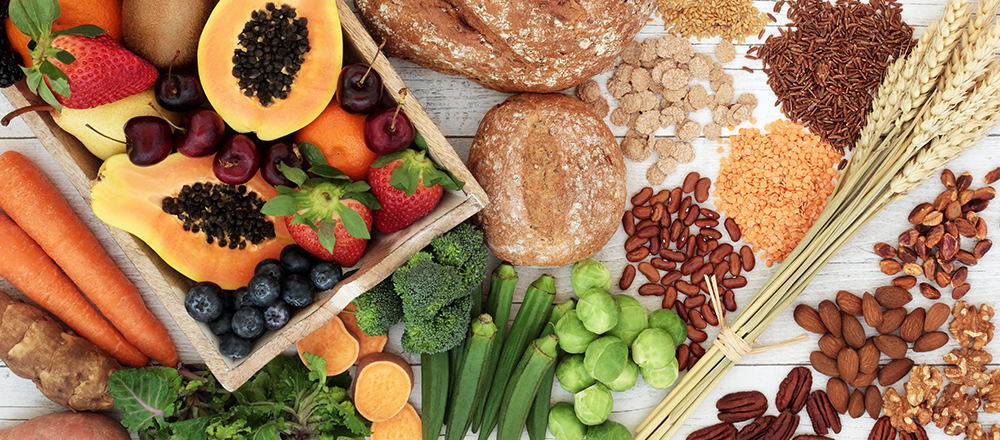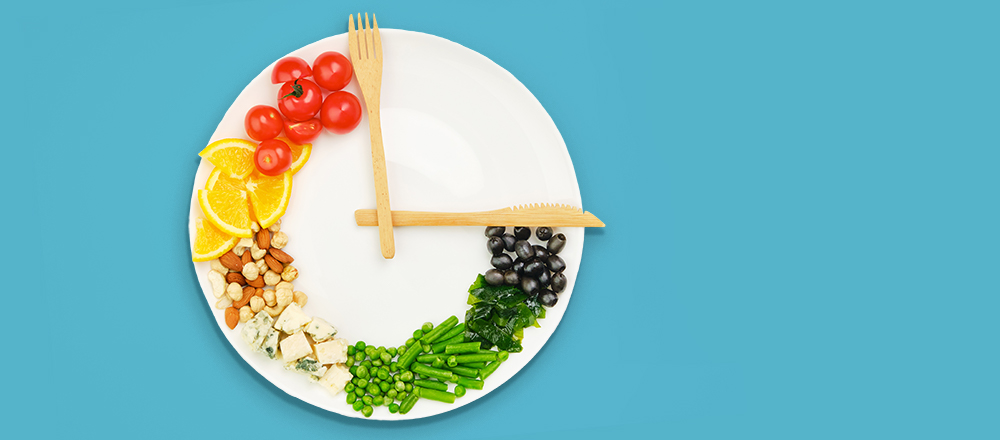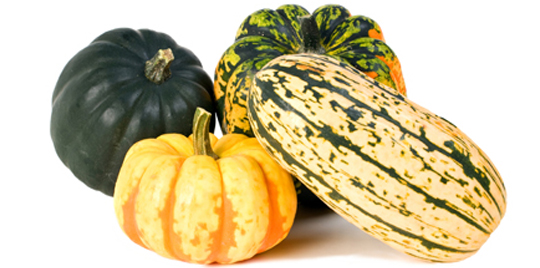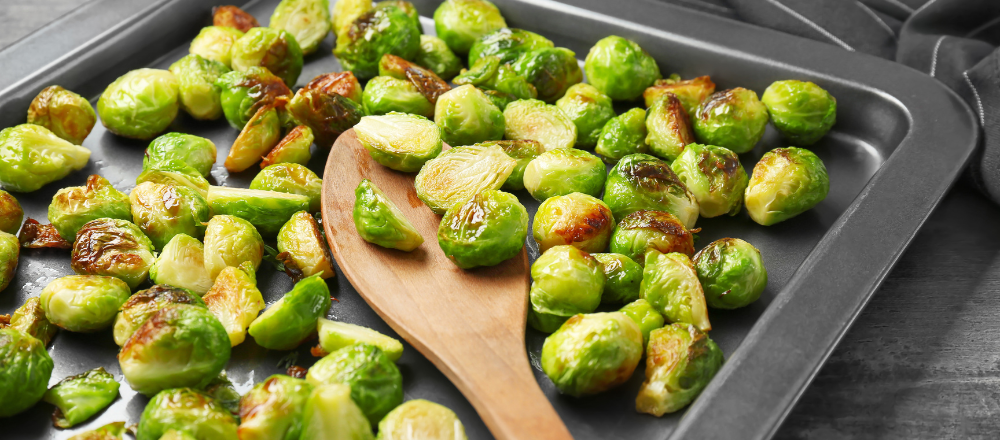How Healthy Are Vegan and Plant-Based Diets?
December 27, 2021By: Emily Boatman
Categories: Live Healthy, Nutrition, Your Wellness

Veganism and plant-based eating are popular ways to eat in today’s society, but they may not provide you with enough nutrients.
There is a common misconception that you must follow veganism to eat plant based. A plant-based diet does not exclude animal-based foods. Those foods are just typically consumed in smaller amounts.
Plant-Based Eating and Veganism Explained
A plant-based lifestyle focuses on filling your plate with plant sources, such as fruits and vegetables, beans, whole grains, seeds and nuts, while aiming for low amounts of highly processed versions of these foods. Plant-based diets are typically followed for health reasons.
Veganism is the practice of abstaining from using animal products, particularly in your diet, and an associated philosophy that rejects the use of animals for work or sport. The vegan diet excludes any food which comes from animals. These foods include milk and dairy products, meats, fish, eggs, poultry, shellfish, even honey. Historically, people who follow a vegan diet are driven by ethical and environmental values.
Add Supplements to Vegan Diets
Following a vegan diet can make it difficult to consume enough of the nutrients the body needs, specifically nutrients found in animal sources. The chart below shares common deficiencies associated with a vegan diet and the recommended solutions.
| Deficiency | Recommendation |
| Calcium | Take a supplement but take it separately from an iron supplement for maximum absorption |
| Fatty acids (EPA, DHA) | Purchase an algae oil to replace fatty acids found in fish, eggs and meat |
| Iodine | Use iodized salt when cooking, eat iodine-fortified foods or take a multivitamin to replace iodine found in dairy products and fish |
| Iron | Choose a daily vitamin with iron |
| Vitamin D | Ask your doctor about any needed blood work; a vitamin D supplement may be suggested |
| Zinc | Make sure your multivitamin contains zinc, while also eating nuts and whole grains |
Nutrients Needed for Plant-Based Diets
Some plant sources do contain nutrients, such as iron and zinc, but they are not as readily absorbed by the body when derived from plants. Here are ways to add nutrients to your food.
Nutritional Yeast
Nutritional yeast is a useful, vegan-approved product that can be added to dishes. Just 2 tablespoons contain 8 grams of protein. This yeast is also a good source of vitamin B1, vitamin B2, vitamin B6, zinc, and when fortified, vitamin B12 and folic acid.
Protein Foods
Plant-based protein foods such as tofu, soy products, tempeh, beans, lentils, nuts and seeds help meet protein needs.
Healthy Eating and Proper Nutrients
Plant-based eaters typically ingest a wider range of foods, including meat, so they experience less difficulty meeting nutritional requirements, so they have less of a need for supplements. Plant-based eaters and vegans should talk with their primary care doctor about regular blood work. An open dialogue with your doctor and dietitian is a great way to keep an eye on proper nutritional levels and adjust your diet as needed.



